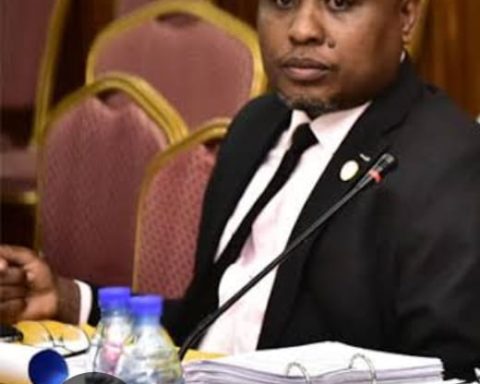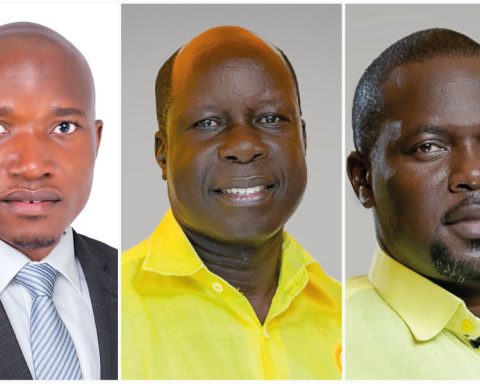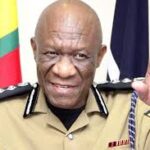By Steven Masiga
Many local government leaders like councilors are more senior in National Resistance Movement ‘NRM’ ideology and methods of work than some even some government ministers thus president Museveni did not want to lose such resourceful persons who are also critical cadres involved in mass mobilisation and have been in touch with the ordinary mwanawinchi for the last 30 years or so in the party.
The local Governments amendments bill 2019 by parliament had sought to impose additional qualifications on various offices in local governments which the president didn’t consider fit,as capture above the president may have been motivated by a number of reasons key among them are ordinary level qualifications(s4) are sufficient for a local council office since their basic work is making basic community laws in form of ordinances and bye laws which do not really need deep schooling and besides sub county or city mayor leaders should not have the same qualifications like of a president or MPs, my administrative and legal thinking would be the “higher the office the higher the qualifications to that
office” and the lower the office the lower the qualifications to that office “and that is what may have guided the president’s thinking in refusing to impose overwhelming qualifications to those offices.
The immense love for his peasant friends , President M7 didn’t want to lose his base support,whereas opposition scores highly in urban areas ,the president too is a king maker in the rural areas.
The president was afraid to lose his cadres who have been around for along time and have stood with him in good and bad times and do not have such qualifications, besides performance and debates in councils is not about qualifications for example local leaders are expected to monitor government projects like schools,heath centres ,propose bye laws in council,including approval of budgets this may not necessarily need erudite skills thus the president was conscious about this,a number of researches done by organizations like Good Governance Mbale a civil society org, and Makerere university Mbale centre also found out that much as academic qualifications on local offices are good but such qualifications not enabled or seen those highly educated debate better than their counterparts who are not well educated,actually those with lower qualifications speak aggressively without “speed governors ” they don’t care about descence and decorum while highly educated persons pay attention to this and are afraid to raise certain arguments due to legal and other considerations
Knowledge too is cumulative in certain respects as one steers a public office for a considerable period say for 20 years or so such a person could have gathered a lot of knowledge along the way and he cannot be static in terms of knowledge,that is why under the national council for higher education regulations some body with 25years and above is expected to possess knowledge commensurate to some body who completed A level,even if such a person never went to school.
The office of president of the republic of Uganda merely needs A level qualifications and therefore the same cannot apply to a sub county or city division which is a small component with in the country there fore the higher the office the higher the qualifications and the lower the office the lower the qualifications to that office
There is a possibility of conflict brewing between technical officers and politicians.
sometimes politicians who are highly educated don’t listen and respect advice from their technical officers and lastly pay is poor to local leadership thus qualifications should be commensurate to pay which is not the case here hence the president finding no need to increase qualifications when pay is poor
President Amin controlled the whole country with only a birth certificate since he had merely stopped in P.3 .How about s4 for a district councilor and city mayor?
Steven Masiga is transformative researcher from Mbale and be contacted on Tel 0706658511.
![]()




























